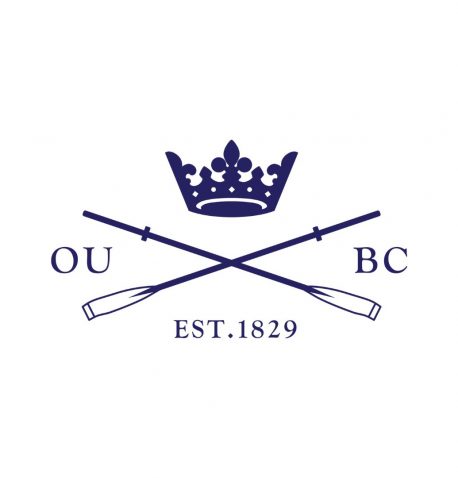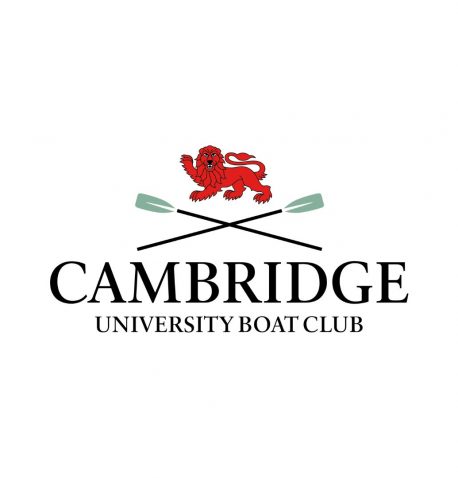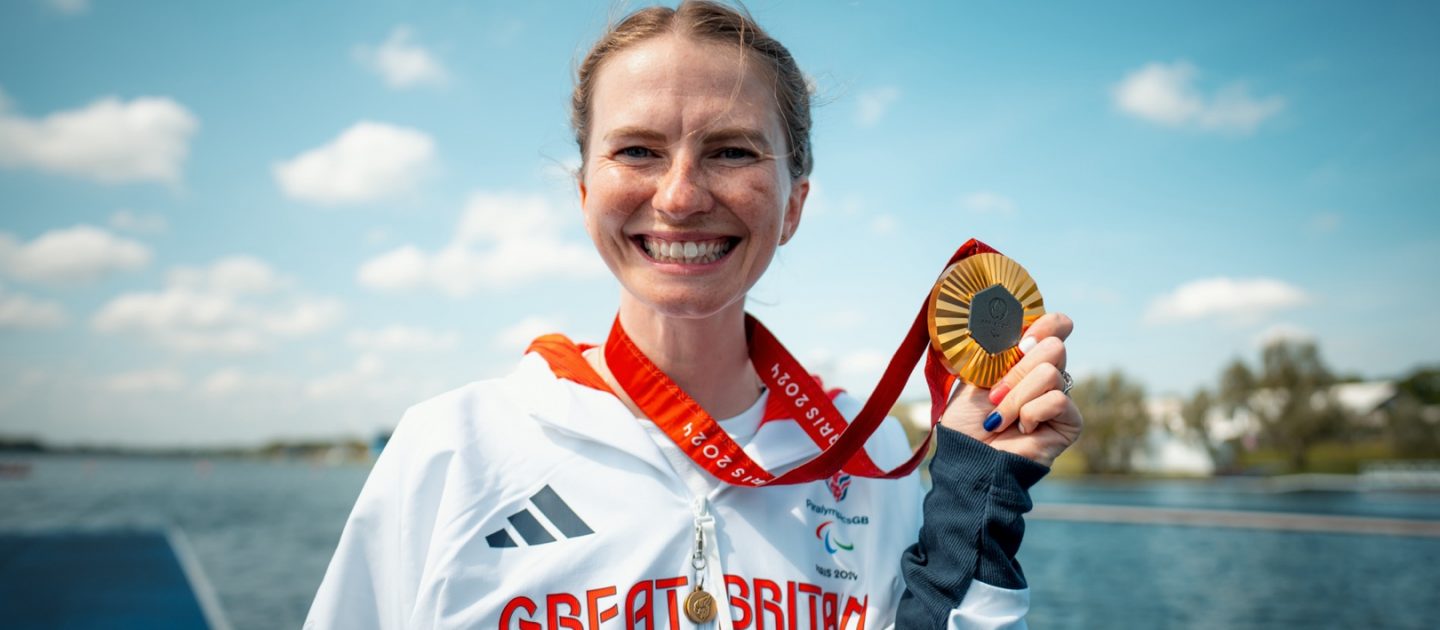The Paris 2024 Paralympic Games Regatta marked the finale of a fantastic summer of rowing. Two Boat Race alumni featured in the Paralympic Regatta. Calling the shots for Great Britain’s gold-medal winning PR3 Mix4+ was breast cancer campaigner Erin Kennedy, who coxed Oxford’s women’s Blue Boat to their 2014 Boat Race win. Kennedy’s victory followed Cambridge PhD student Jan Helmich’s bronze medal performance for Germany in PR3 Mix2x.
The first medals of the Paralympic Regatta were contested by Para single scullers in which two titans of the sport fell to longstanding rivals. Paralympic, world and European champion Birgit Skarstein (NOR) arrived in Paris as PR1 women’s single favourite, albeit with two recent losses to Moran Samuel (ISR) severing her eight-year winning streak. Both athletes made it to the final but Skarstein had to race the repechage.
In the final Samuel built a solid lead and held it to the finish, as she had in the heat when she set a Paralympic Best Time. “I completed the series,” said Samuel, who now possesses a complete collection of Paralympic medals: bronze at Rio 2016, silver at Tokyo 2020, and gold at Paris 2024.
Behind her there was a three-way fight for the minor medals. Unlike the Skarstein of old, the defending champion couldn’t reel back the Israeli but she did manage to hold off France and Ukraine. Boosted by her home crowds Nathalie Benoit (FRA) won bronze less than half a second behind Skarstein. “It was the best race of my career,” said Benoit. “I told myself that whatever happens I should savour every moment and make the most of every stroke.”
Ben Pritchard, who set a Paralympic Best Time in his first race beneath lightning-streaked skies, got Great Britain’s Paralympic medal haul underway with a phenomenal performance in the PR1 men’s single. By the halfway mark there were three front-runners gunning for the medals: Giacomo Perini (ITA), Roman Polianskyi (UKR) and Pritchard (GBR). Pritchard ratcheted up the pressure on the Italian and moved ahead in the third quarter.
“It hasn’t sunk in. I’m elated,” said the proud Welshman and newly crowned Paralympic champion. “The biggest thing [was] about removing the outcome from the whole process, and today was a culmination of that. I’ve got friends, I’ve got family, I’ve got half of Swansea in that stand. I can’t wait to go celebrate with them.”
Pritchard’s long-standing rival and good friend, the defending world and European champion Polianskyi, held on for a silver medal. Perini, who crossed the finish in third place, was later excluded from the race after a successful protest from Australia. Perini was found to have his mobile phone with him during the race which is against the rules. Erik Horrie (AUS) was bumped up to the bronze medal position.
The PR2 mixed double sculls was another barnstormer. British history-maker Lauren Rowles secured her third consecutive Paralympic gold medal, this time with Gregg Stevenson at stroke. China held on to silver ahead of Israel who denied Ukraine a place on the podium.
“Unreal!” Gregg Stevenson said on winning gold at his debut Paralympic Games. His teammate Rowles said: “You either show up or you show out at these Paralympic Games. I don’t think you could put into words how much it means.” Silver-medallist Liu said: “It’s really exciting. We are old friends and old enemies with the British boat. It’s a pity we couldn’t win gold”.
The first ever PR3 mixed double Paralympic gold medal went to the reigning world champions Nikki Ayers and Jed Altschwager (AUS).
Ayers and Altschwager crept out to a half-length lead but Sam Murray and Annabel Caddick (GBR) closed the gap in the second quarter. The British went bowball to bowball with the Aussies but were unable to overhaul the champions who won by just over a second. In the closing stages an exhausted Murray and Caddick held on to silver by 0.12s as the bronze-medal-winners Germany almost rowed through them.
“It’s a great feeling despite the result not being quite what we wanted. It was a very, very close finish. We put in a good race, we executed our plan and in the end the others were slightly better. We still get to go home with a medal,” said Jan Helmich (GER). Helmich learnt to row at Trinity Hall Boat Club and raced in the spare pair for Cambridge Lightweights in 2019.
“[Cambridge] not only gave me a massive head start in terms of the training and the physique, but also the confidence. Training with such high-calibre athletes showed me that I had some talent, and it embedded good habits. Having had the experience of doing high volume, high load training with good coaches and good scheduling – well, without it I couldn’t have gotten to where I am now.”
The racing at Vaires-sur-Marnes was closed out by the fours. Great Britain extended their fourteen-year winning streak despite being pushed hard by the USA and France in the early stages. “Relief!” Erin Kennedy (GBR) said of crossing the finish line and securing her second Paralympic gold medal.
“We’ve had a lot of iterations of this crew over the last three years so it’s very satisfying to have finally done it. There’s been a lot of chat about the rest of the world getting faster, and they absolutely have. Paralympic rowing is flying at the moment. I’m so proud of our crew. This is the culmination of a lot of people’s hard work.”
Kennedy, who coxed the winning Oxford women’s 2014 Blue Boat, added: “If I hadn’t done the Boat Race I wouldn’t have carried on and developed my rowing career. Oxford taught me what it is to be a cox. I learnt how to understand technical models and manage high performance groups.”



